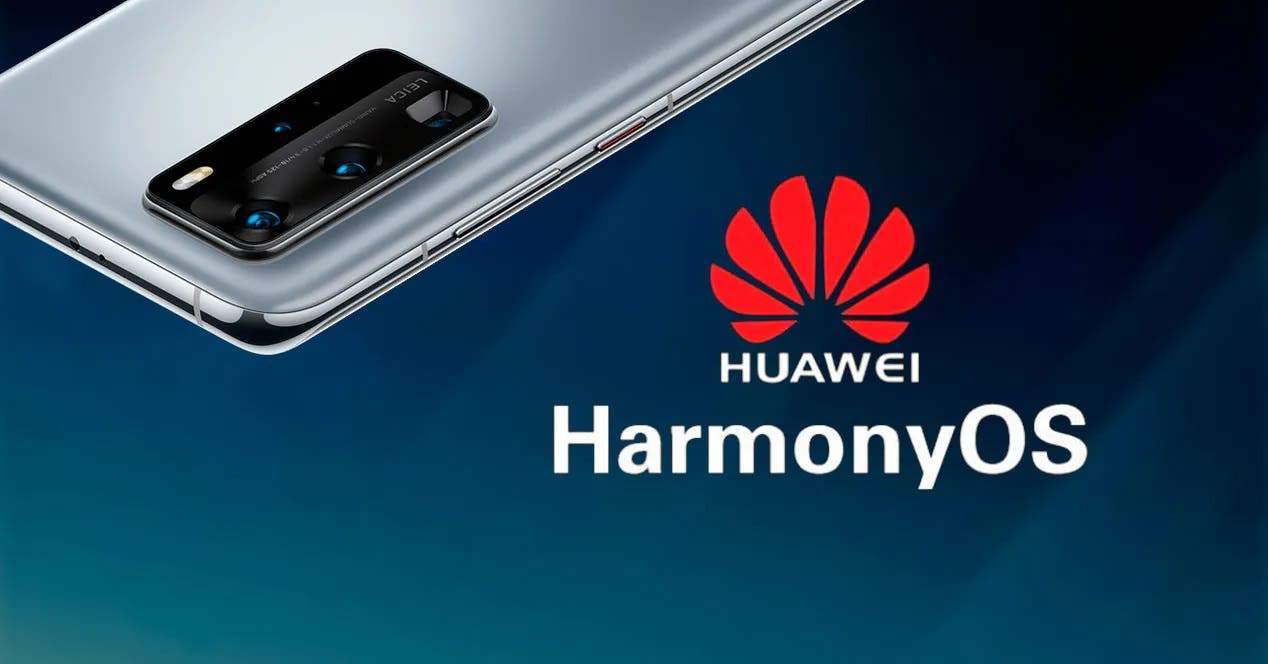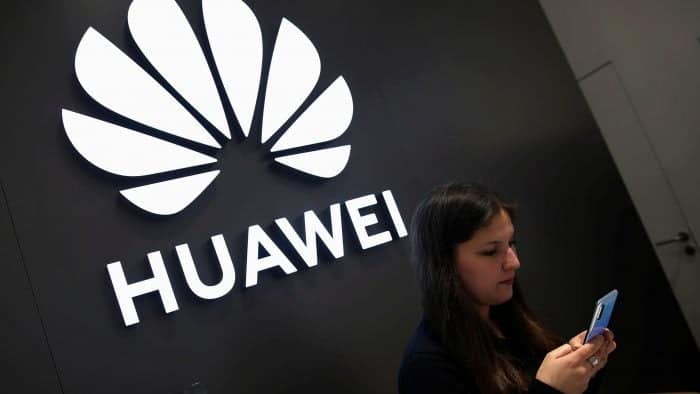Huawei is practically dead and its smartphones disappear from sale. The company’s range of devices has pretty much thinned out on store shelves and this process is irreversible. All these attacks on Huawei from the United States have practically paralyzed the company’s work in the smartphone market; and they have significantly complicated the creation of products.
Recall that the first serious manifestation of the sanctions was the fact that Google stopped officially working with Huawei, providing new versions of Android and helping in the development of software. But then, unexpectedly, the Chinese decided to show that life without Google is possible. They pushed for the creation of a branded app store, and also accelerated in creating their own operating system. And soon we will see the first devices on HarmonyOS.
Huawei is determined and announces plans to transfer about 200 million of its devices to its proprietary operating systems this year. These plans also include 100 million third-party devices that will receive HarmonyOS. What exactly is at stake, we do not know, but sources from China report that a number of manufacturers are seriously looking at the Huawei operating system.
Huawei aims to kill Android in smartphones for the Chinese market

We do not know the potential partners. Perhaps these are just small local companies that are targeting the Chinese market and do not care about Google services at all. Although earlier there was talk on the network that the largest vendors showed interest in HarmonyOS and even created teams that will study the possibility of installing it on their devices.
Interestingly, news appeared yesterday that Huawei intends to make the proprietary operating system support with Qualcomm and MediaTek platforms. And if this is the case and the Chinese will be able to adapt its work with third-party chips; then we can say that an alternative to Android with GMS services has really appeared.
And if Huawei also manages to start distributing HMS and HarmonyOS to other players, and among them, there are the largest vendors, it will turn out that American officials with truncheons did everything to make Google lose the Chinese market. Not immediately, but it is a matter of time before the search giant experiences a churn of customers, and financial losses will be palpable. But in the global market, everything will remain unchanged. Nothing threatens Google’s positions here, yet. Chinese companies will continue to install the GMS version of Android.
Of course, there are many “ifs” here. Much will depend on what kind of product Huawei ended up with; what benefits and preferences it will offer local companies to switch to Harmony OS. Also, the Chinese authorities can make a significant contribution; who will calmly observe Huawei’s attempts or will use leverage or pressure on other Chinese companies to adopt Harmony OS.





